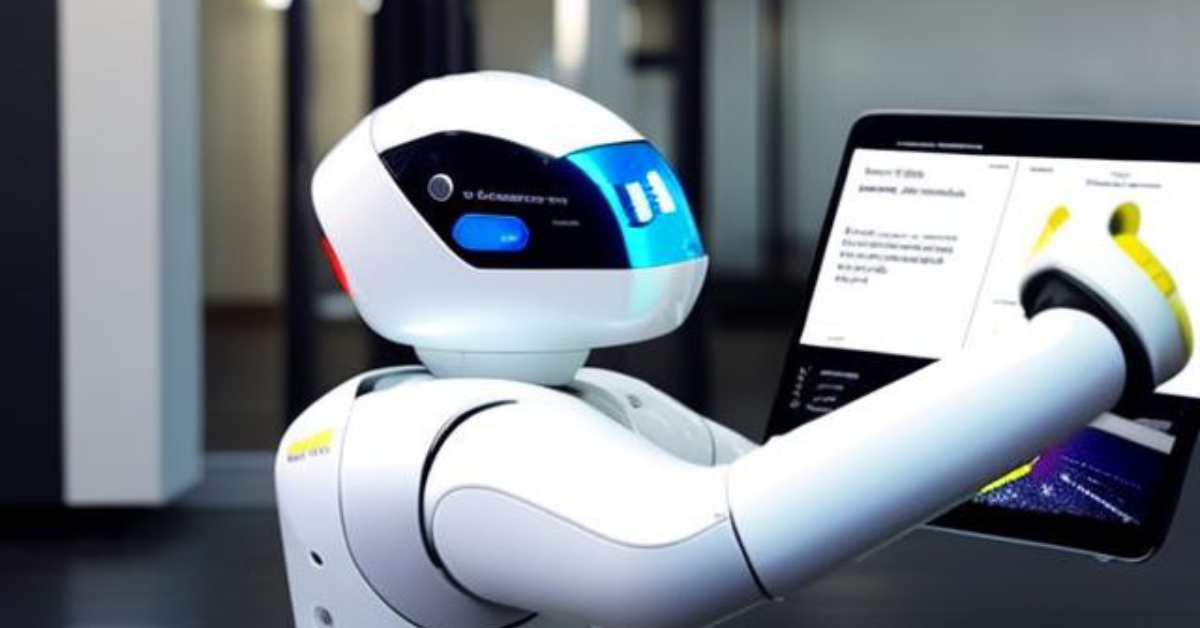The rapid advancement of technology has paved the way for the development of service robots. These robots are designed to perform various tasks that were once exclusive to human beings. From manufacturing to healthcare, service robots have revolutionized numerous industries by enhancing productivity, efficiency, and safety. In this article, we will explore the future of service robots and their potential to transform various industries.
Manufacturing
Service robots are already transforming the manufacturing industry. Previously, manufacturing facilities relied on human labor to perform repetitive tasks, which often resulted in physical strain and injuries. However, service robots have been designed to take on these tasks, without any risk of injury or fatigue. They can also operate around the clock, thereby increasing productivity and reducing labor costs.
Healthcare
Service robots are also revolutionizing the healthcare industry. They are being used in various healthcare settings, including hospitals, clinics, and nursing homes. Service robots can perform tasks such as cleaning, dispensing medication, and assisting patients with mobility issues.We can also use them for telemedicine, enabling healthcare providers to remotely monitor patients and offer care.
Retail
Service robots are being used in the retail industry to enhance the shopping experience for customers. They can greet customers, provide information about products, and guide them to specific locations in the store. We can also use service robots for inventory management, restocking shelves, and even for security purposes.
Agriculture
Service robots are transforming the agriculture industry by improving productivity and efficiency. They can perform tasks such as planting, harvesting, and irrigation. They also have the ability to monitor crop growth and soil conditions, providing farmers with valuable data to optimize crop yields and reduce waste.
Logistics
We are witnessing the integration of service robots in the logistics industry to streamline operations and reduce labor costs. Tasks such as warehouse management, inventory tracking, and even last-mile delivery can now be efficiently handled by service robots. Service robots can operate around the clock, reducing the time and cost of transporting goods.
The Future of Service Robots
As technology continues to advance, the potential applications for service robots are limitless. As service robot technology advances, it opens up exciting possibilities for their use in various industries. From construction and mining to space exploration, the potential applications are vast. With the integration of artificial intelligence, service robots will have the ability to adapt to new environments and perform even more complex tasks.
In conclusion, service robots have already revolutionized numerous industries, and their potential for future applications is enormous. From manufacturing to healthcare, service robots are enhancing productivity, efficiency, and safety. As technology continues to advance, the future of service robots is bright, and we can expect to see them play an increasingly important role in our lives.













